Contents
Daniel Radcliffe

Source: thedailybeast.com
When Daniel Radcliffe revealed in GQ that he has been sober since August 2010, my first reaction was to scratch my head. I never would have suspected that he had a problem. But alas, he felt he did. “I became so reliant on alcohol to enjoy stuff. There were a few years there when I was just so enamored with the idea of living some sort of famous person’s lifestyle that really isn’t suited to me,” he said of his decision to get on the wagon. Good for him. Sobriety is something to be proud of. Not every celeb needs to bottom out like Lindsay Lohan or Charlie Sheen to seek help. [Celebitchy]
Demi Moore
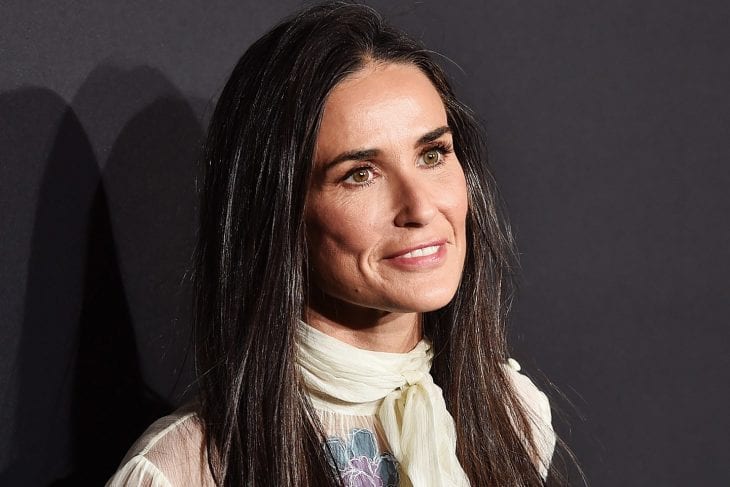
Source: pinterest.com
Back in the ‘80s, Demi Moore struggled with a cocaine addiction but got sober when the director of “St. Elmo’s Fire” threatened to fire her if she didn’t clean up her act. [IMDB]
Ben Affleck
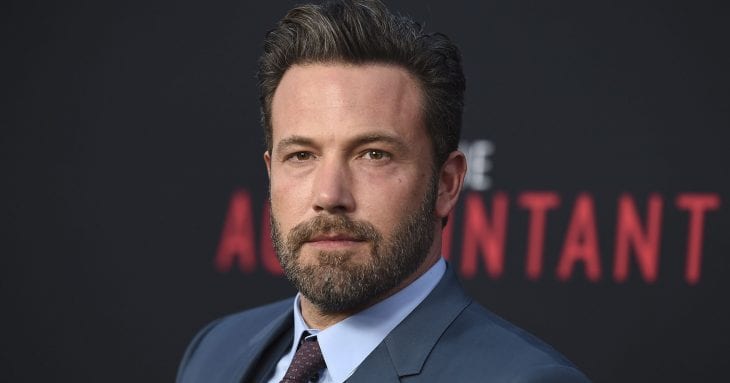
Source: pinterest.com
After a very wild gambling trip to Las Vegas in 2001, Ben Affleck realized he was “just one bad night away from a big ‘E! True Hollywood Story.’” He drove straight to rehab for his drinking problem. Hopefully, he didn’t drive himself if he was still wasted. [People]
Jamie Lee Curtis
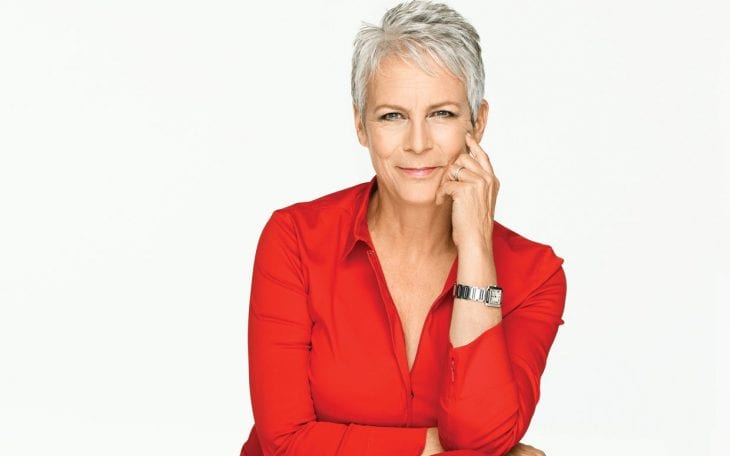
Source: pinterest.com
Jamie Lee Curtis said she considered recovery from a painkiller addiction and motherhood the two greatest accomplishments in her life. What, no mention of the Activia commercials? [Popeater]
Kelly Preston
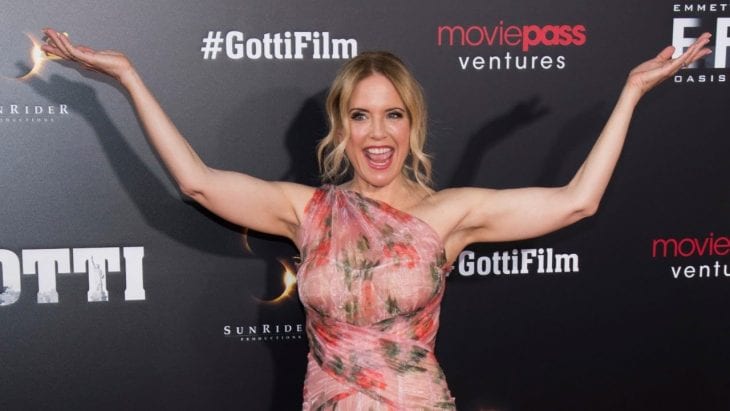
Source: pinterest.com
Way before her Scientology days, Kelly Preston was a marijuana, Quaalude, Ecstasy, and cocaine user. She went through Narconon’s free rehab program to help her stop using. [Mideweek]
Cory Montieth
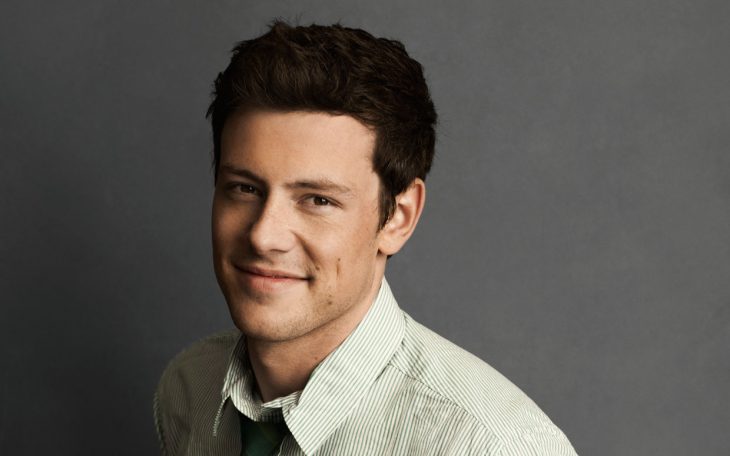
Source: pinterest.com
His character is squeaky clean on “Glee,” but Cory Montieth admitted he had a checkered past. At age 19, he entered rehab for his drug use after he was caught stealing money from a family member. [The Fix]
Eva Mendes

Source: pinterest.com
In 2008, Eva Mendes shocked everyone when she entered a rehab facility for substance abuse. She has never spoken publicly about her several week stint there, though her publicist released a statement saying she had “personal issues” that required “professional support.” [People]
Edie Falco
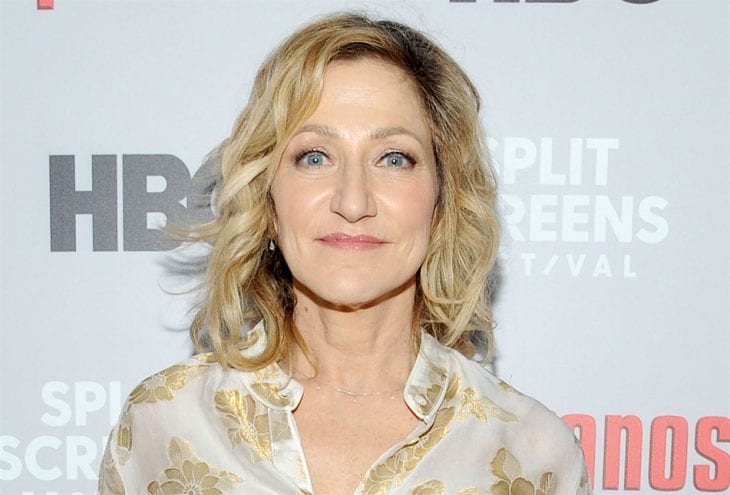
Source: pinterest.com
Edie Falco plays “Nurse Jackie” so well in part because she can really relate to her. She admitted that her own struggle with alcoholism helped inform the role. “I think addiction is a very specific physiological mindset. So it certainly does help to have some background with that. Because if you explain it to a non-addict — that you’re pulled to something that’s so bad for you — it doesn’t make sense. But to me, it makes perfect sense,” she said. [Drug Addiction Treatment]
Original by Ami Angelowicz
